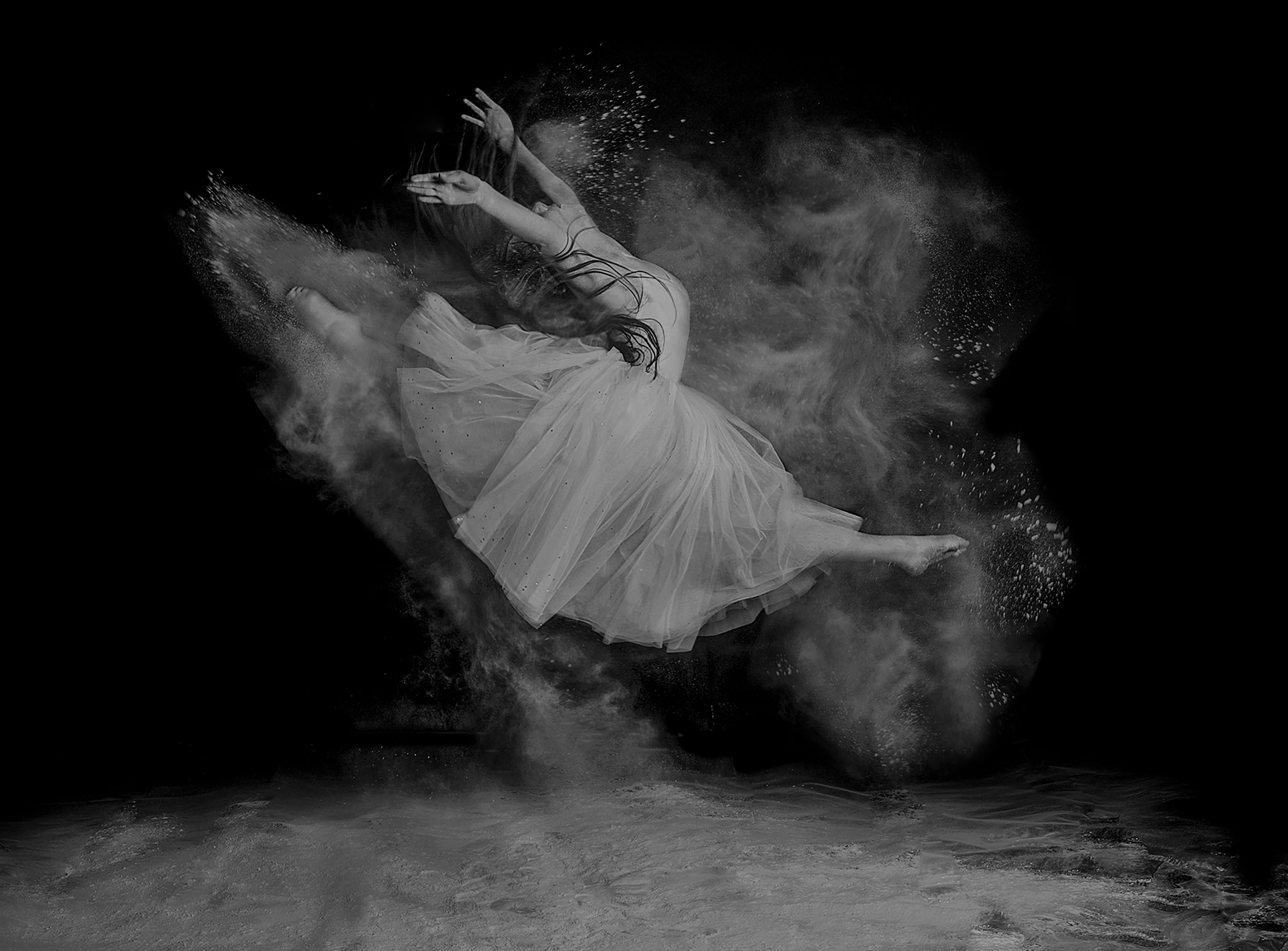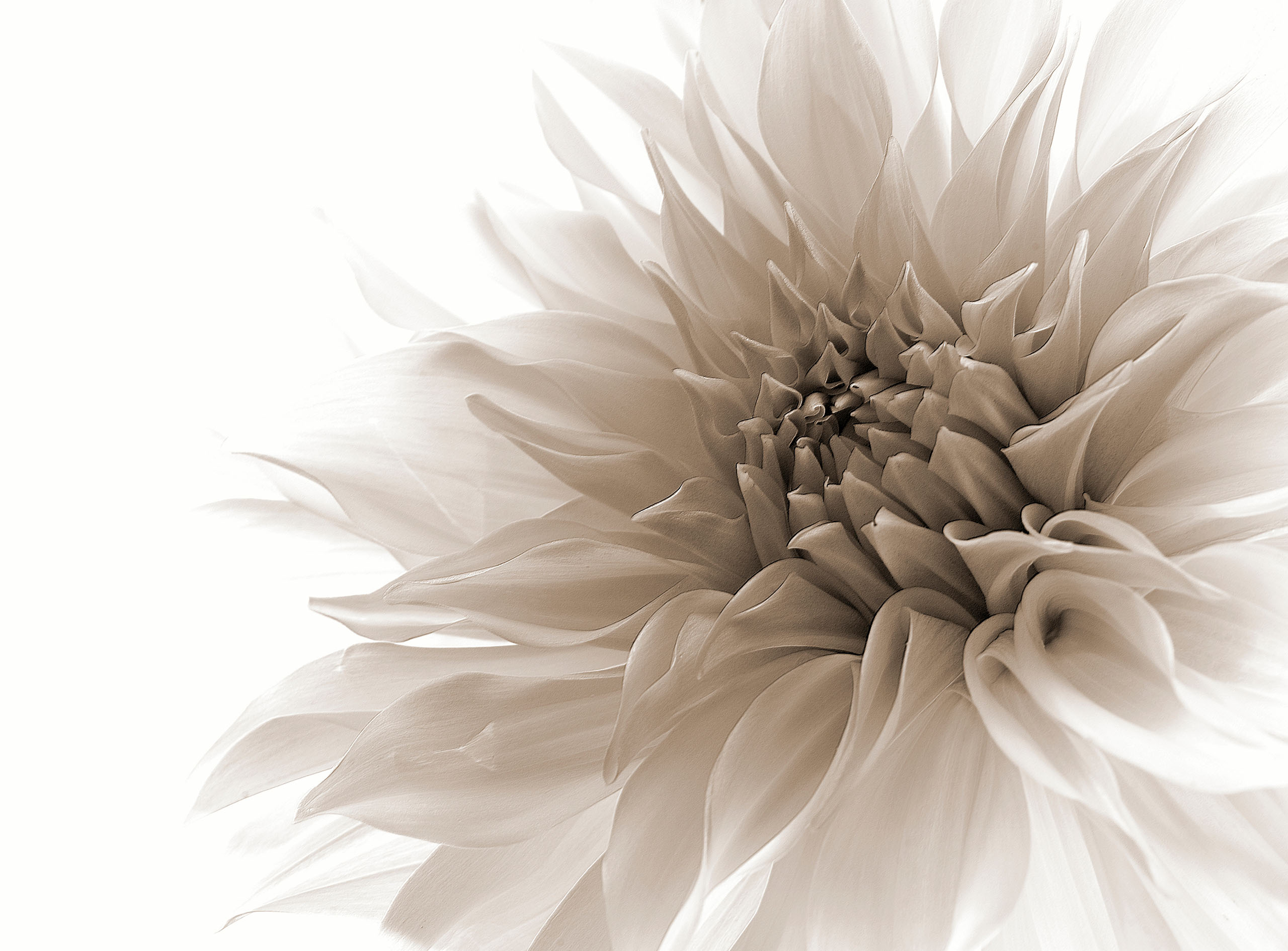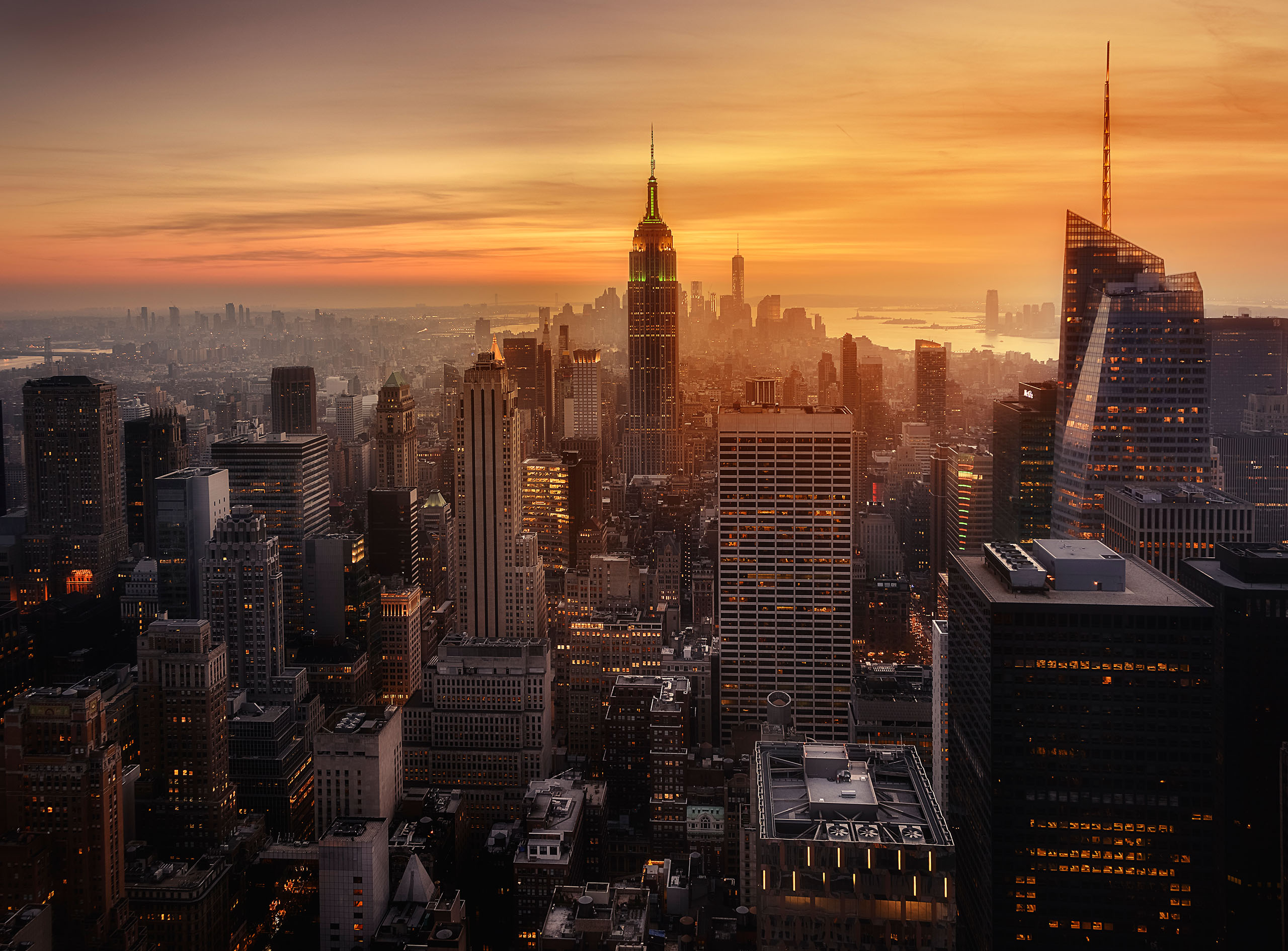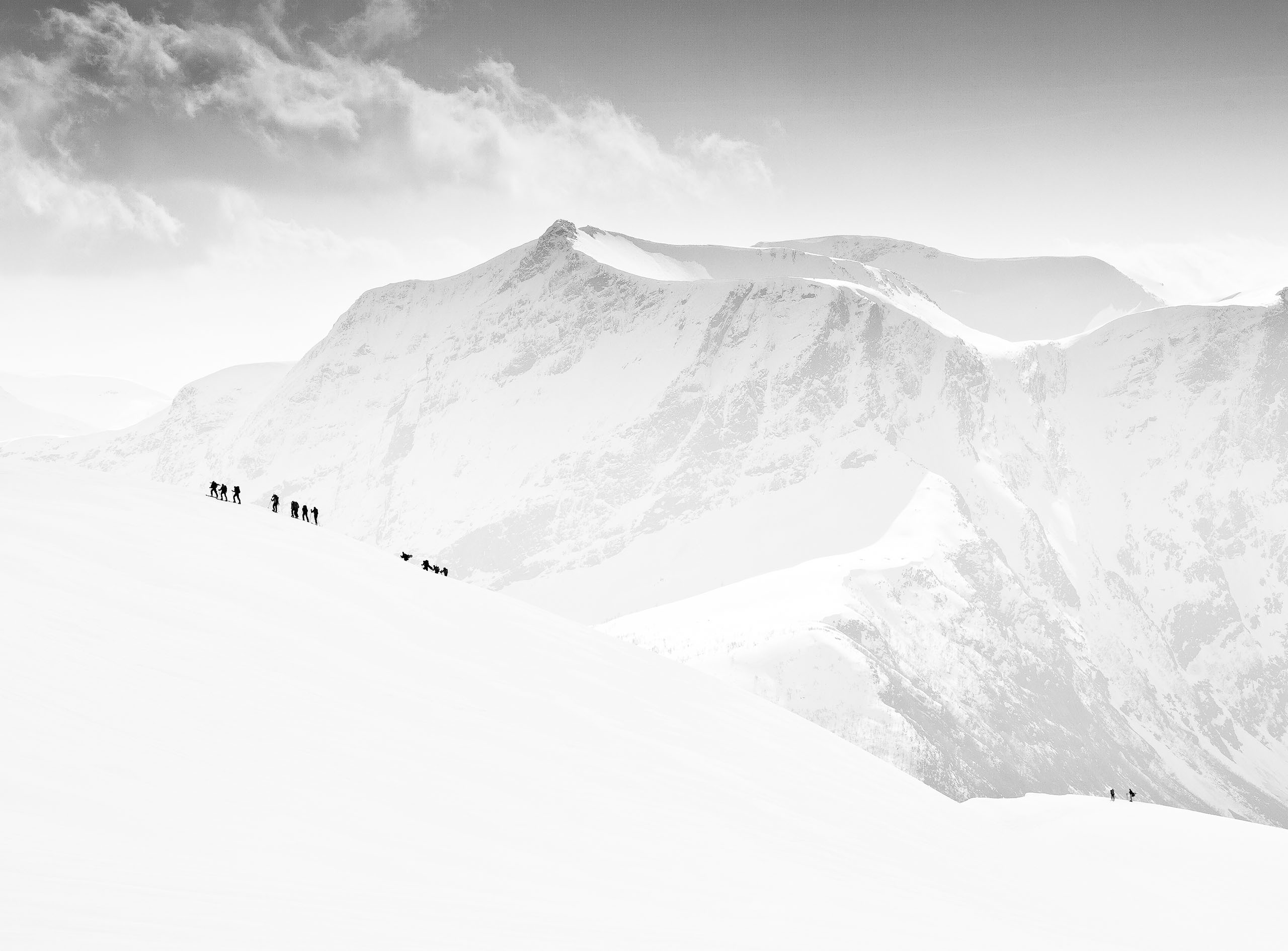SEARCH






|
|
|
|


by Editor Michel Romaggi in collaboration with the author Alexander London
Edited and published by Yvette Depaepe, the 30st of April 2025
Dear Alexander, could you briefly introduce yourself and tell us how you came to photography?
Hi, my name is Alexander London and I've been sober for about nine years now. It started innocently enough: I just wanted to remember things. A few photos here, a few melancholy sunsets there. Then came the rabbit hole, wide open, bokeh and full of shadows I didn't know were mine.
I'd always wanted to create, but I wasn't good at it... so I started capturing instead. Photography became my way of making something without having to invent it.
I didn't become a photographer. I became someone who couldn't explain what was happening without a shutter. Words felt like a betrayal. Photons, however, were honest. Sometimes too honest. You see the reflection of a stranger in a café window and think, "Wow, they look lost". Then you realize it's you.
Photography became the only way to keep my inner apocalypse from spilling over into polite conversation. I couldn't draw. I couldn't write consistently. I couldn't sit still.
But I could click: Frame, crop. Chase the light, as if it owed me money.
'Shinjuku Blues'
So now I shoot. Not because it makes sense. But because it prevents things from making too much sense. And that, ironically, is how I found my voice.
Through a medium where nobody talks and nothing has to be explained, so in complete contrast to that, let me explain to you:
Instagram was. A golden age, when it was just one photo, in order, no dancing, no reels, no algorithm trying to sell you trousers you googled once in 2014. Photographers vibrated quietly, posting single images like monks with DSLRs.
@spatialflow was there, doing something strange and inexplicably amazing. Painting cities with colours that belong in dreams. Before (or during?) @liamwong's reign of cyberpunk elegance, @spatialflow made Tokyo look like it had been designed by a synthwave deity.
Naturally, I did what any aspiring night goblin would do: I approached him with the most passive-aggressively flattering question you can ask a photographer.
"Nice camera. It's probably just the camera, isn't it? So, er, what is it?" He was polite: Panasonic Leica 25 mm 1,' an Olympus OMD em 5.
A camera so affordable that even my overdrawn bank account sighed with relief.
I bought it. Waited a few days. Held it in my hands like Excalibur, expecting instant greatness. Instead I got confusion, a menu system designed by eldritch beings, and the creeping feeling that I might not have a clue what aperture was.
There were meetings. Neon nights. People dressed like characters from films I pretended to have seen. Someone asked me to photograph them. I said yes and panicked for 48 hours.
In trying to imitate others, something strange happened, a style began to whisper through the noise.
Nights are kinder when viewed through an f/1.4 lens. Cities open up, colours bleed. Everything looks like it's apologising for the shitty day. I began to steal hues from other night crawlers. Reflections. Halos. Purple shadows. Orange sorrows. Slowly it all made sense in a way that can't be explained without alcohol or poetry.
Somewhere along the way I was featured in Streets of London, a book by Mendo, which was surreal and beautiful and made me feel like I had fooled everyone for a moment. Apart from that, a few shoots, some modelling work, but no, I'm not a professional.
And I don't want to be. I'm an amateur. From the Latin amator, lover. I love it. The way people love stray dogs or songs that remind them of cities they have never visited.
That was nearly nine years ago. Since then I've been chasing light like a madman. Lugged far too many lenses across Asia. Shot in typhoons, missed trains, ruined shoes.
Only to learn the truth: less is more. Your equipment is enough.
Photography isn't a dig for buried treasure. It's lightning in a beer bottle. It's not something you plan like an expedition, it's something that happens when you're paying attention or not.
What equipment do you use for your night shots?
Mostly the usual suspects. 99% of the time it's a Sony A7IV glued to a 16-35mm, although to be honest I live with the 35mm like some kind of focal length monogamist.
Occasionally I'll flirt with a 50mm or 85mm, especially the 85, which compresses reality in a way that makes the world feel like a film I've already cried over.
Night doesn't wait for you to think. It punishes hesitation. So I shoot fast, crop shamelessly, and sometimes switch to APS-C on the fly, like a thief trying on different disguises.
I'm not precious. The shot is more important than the math.
I recently flirted with the Fuji XT5 and a 56mm, some of the images floating around might be from that little affair. The Fuji colours really do have that cult glow, as if someone had turned the melancholy up to eleven and sprinkled it with nostalgia dust. But honestly? Anything works if it's fast enough to keep up with my attention span and the chaos of the city.
Lately I've been experimenting with a 28mm. Wide. Unforgiving. Wonderfully stubborn. Someone once said, "If a piano had an unlimited number of keys, there would be no music in it".
Photography is the same. The fewer notes you're allowed to play, the more you learn to sing.
How do you choose the locations?
The call of the night. The hunt. The deeply irrational urge to leave my apartment at 1:37 a.m. because a streetlamp might cast shadows in the form of a philosophical crisis.
Whatever you want to call it, it's not a method. It's a symptom.
I live in London. It was once a dream. Fog, rain, and the promise that somewhere between the Victorian architecture and the corner shops I'd find magic. But dreams have a way of unpacking themselves and becoming flat-pack furniture. Now I walk the same streets and think, "Ah yes, the 50 shades of London sky".
It's strange. I'm not from London, but I can't see it clearly anymore. It's like when you say a word too many times and it stops sounding like anything real. London has become that word.
So I looked east.
Japan became the next dream, one wrapped in neon, vending machines and the kind of visual poetry that makes your soul cry out for subtitles.
Through a camera lens, it didn't just glow. It hummed. Even the mundane had this strange cinematic weight.
Salarymen. Alleyways. Cigarette smoke curling up as if it had a backstory.
I don't go to certain places. I go to certain feelings.
I chase motifs + light like it's a rare Pokémon.
People walking through harsh fluorescent rain. Red traffic lights in empty streets. Silhouettes in ramen bars.
I don't map places, I map moods.
Tokyo has no rival. No city bathes itself in so many shades of emotion. It doesn't just light up, it acts. Every lamp, every sign, every screen is a character in a silent play that only the cameras can hear.
You often have a special and interesting perspective for your pictures, could you explain what drives you to make these choices?
Quick answer: longing.
You know that feeling when you're on a train at night and it's raining and the glass reflects your face back at you, half real, half ghost? That's the perspective I'm always chasing.
I don't think it's about angles or clever compositions. It's about longing. It's about searching for a version of the world that feels like a memory you haven't made yet.
Cities are full. Packed. Lights. Advertisements. People rushing past each other like waves that never touch. But somehow, in that chaos, I still manage to feel alone, like I'm the only person watching a film everyone else is acting in.
So I frame my shots the way you look at someone you'll never speak to again, through glass, across the distance, slightly out of focus. I look for reflections, silhouettes, backs of heads, doorways. Fragments. Because that's what love feels like in a city.
Fragmented. Romantic, but unattainable.Sometimes I crouch. Sometimes I shoot from too far away. Sometimes I stand in the wrong place for too long, hoping for the right
person to walk through the light.
What drives me on is that tiny thread of invisible connection, me on this side of the lens, and someone else somewhere who might feel the same.
In a Wong Kar Wai film, people pass each other endlessly, never quite touching, always almost.
That's what I'm trying to photograph: the almost.
'Taxi Driver'
What kind of post-processing do you usually use to get these often old-fashioned colours?
Lightroom is like a cigarette lighter in a rainstorm. Useful, yes, but it's not the flame that matters. It's what you light with it.
I think colour grading is like memory, it doesn't have to be exact, it just has to feel true.
The tones I'm chasing are not what the scene looked like. They're what it felt like to be there, alone, probably listening to a sad jazz track that nobody asked for, wondering if someone else, somewhere, might be walking through the same kind of light.
I am drawn to the old way of looking, because the past always feels warmer. Like a film that's aged under someone's bed. The colours are softer, almost apologetic. Blues that hurt. Reds that breathe. Shadows that don't just hide things, but hold them.
People ask me for presets, and I get it. We all want a shortcut to emotion. But my edits are constantly changing - depending on the weather, the level of sadness, and how much sleep I've lost thinking about light bouncing off wet concrete at 2am.
I push the tones until they hum like a broken heart in the background.
Standing in the same place doesn't produce the same photograph. Because the colour isn't in the lens - it's in what you wanted to see.
Two people can look at the same neon alley and walk away with different ghosts.
So yes, Lightroom helps. But it's not what gives the colours. It's just the place I go to remember what it felt like when no one was looking.
Thank you, dear Alexander, for exposing your soul to us and for taking us with you on your nocturnal wanderings, which provide us with such exceptional good images. ~Yvette Depaepe~
 | Write |
 | Yun Thwaits PRO "I don't map places, I map moods." This very intersting interview touched my heart! Personal, deep, and honest, with great street images! Thank you Alexander, for sharing your soul with us! Thank you, Yvette and Michel, for bring it to us! |
 | Alexander London PRO thank you Yun |
 | garyholman PRO I really enjoyed this interview which was so honest and personal. Your thoughts and words were gripping, and your images are Wonderful! Congratulations! Alexander and Thank you! Yvette and Michel. |
 | Andy Bauer PRO Thank you for this deeply personal and open interview. It truly is something special – in fact, it reads like a journey through a neon-drenched night in Tokyo, where every side street offers a new glimpse into something unseen. |
 | Yvette Depaepe CREW Thoughtful reaction, Andy ... You expressed so well the essence of Alexander's personal journey through a neon-drenched night in Tokyo. |
 | Gabriela Pantu PRO This interview is really special, I am glad to discover your wonderful work, dear Alexander, and to read about your emotional journey.Congratulations and thank you for sharing.Thank you dear Michel and dear Yvette for bring it to us. |
 | Yvette Depaepe CREW A real pleasure to us to present Alexander to our readers, Gabriela! |
 | Eiji Yamamoto PRO Thank you so much for a very interesting interview with great street perspective photos! |
 | Patrick Compagnucci PRO A most interesting and thought provoking article and images. Thanks for sharing Alexander, much appreciated! |